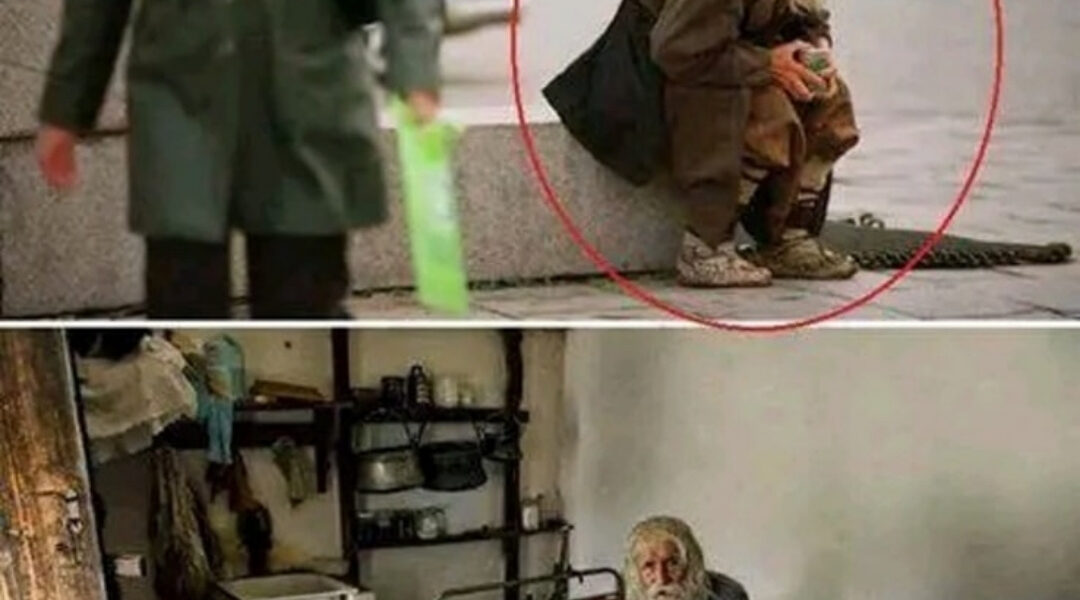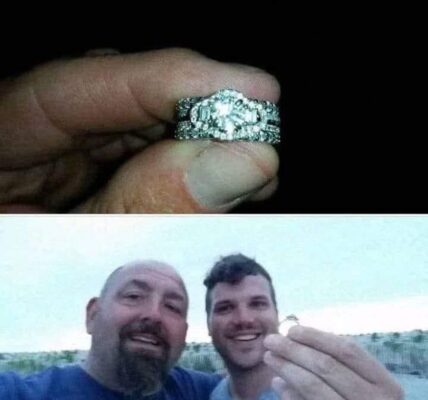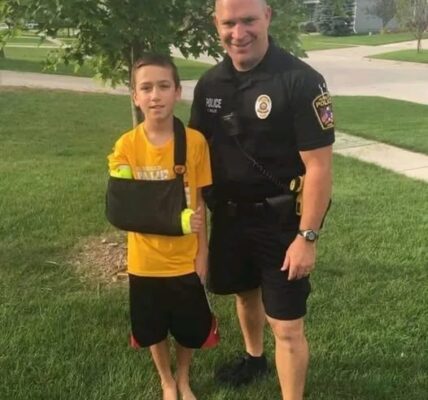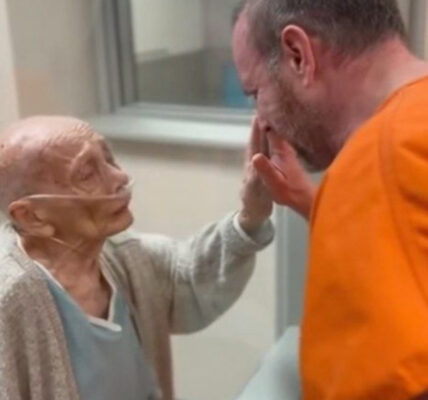In a small Bulgarian village, an old man rises with the dawn. His name is Dobri Dobrev — known by the locals simply as “Grandpa Dobri.” At 98 years old, his body is frail, his hearing long lost to the thunder of bombs during the Second World War. Yet every morning, he puts on his worn, homemade clothes, ties his cracked leather shoes, and begins a 10-kilometer walk to the city.

The journey is long and quiet. His steps are slow, but steady. Along the road, villagers nod respectfully — they know where he’s going. For years, Dobri has walked this same path to Sofia, standing outside churches with a tin cup in his trembling hands. To passersby, he looks like any other beggar — bent, weary, forgotten by time.
But there’s something different about him.
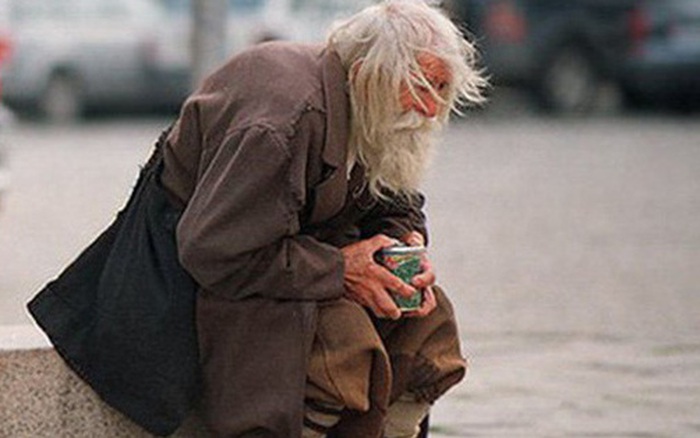
When people drop coins into his cup, he bows deeply, sometimes kissing their hands in gratitude. He never asks, never pleads. Only thanks. His eyes — pale, gentle, and lined with age — reflect something pure. Few ever stop long enough to wonder what he does with the money. Most assume it’s for food, shelter, or survival.
The truth is far greater.
Years after he became a familiar sight on the streets, people discovered something extraordinary. Dobri Dobrev had donated every cent he ever collected — not for himself, but for others. Over 40,000 euros, given quietly and completely to help restore crumbling Bulgarian monasteries and pay the utility bills of orphanages.
He kept nothing.
Dobri lived in a small, cold room near a church, surviving on a modest state pension of just 80 euros a month. His bed was a simple cot. His meals were whatever he could grow or what neighbors brought him out of kindness. Yet his heart was full — richer than any man in the city whose coins filled his cup.
When asked once why he gave everything away, he simply said, “Money is not mine. It belongs to God. I do not need much. I only need peace and love.”
For decades, the people of Sofia saw him every day — a silent saint among them. Children waved, strangers smiled, and some wept when they learned the truth. He never sought recognition, never wanted fame. To him, kindness was a duty, not a gesture.

When he finally passed away, the entire country mourned. Thousands attended his funeral — monks, priests, orphans, and ordinary people whose lives he had quietly touched. They called him “The Saint of Bailovo.”
Dobri Dobrev never built monuments or led armies. But in a world often consumed by greed, he showed something far more powerful — that true wealth is measured not by what we keep, but by what we give away.
And so, the man once mistaken for a beggar left behind something no thief could steal, no time could erase — a legacy of humility, love, and faith in humanity.
Because sometimes, the poorest among us are the richest in spirit.
